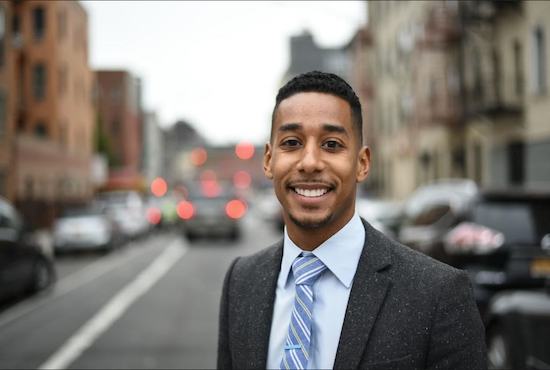Reynoso, Menchaca, Maisel, Lander weigh in on NYC Election Day charter revisions

Antonio Reynoso, District 34: “The Mayor’s Charter Revision Commission will bring a number of long overdue changes to the City’s Charter, all of which will improve civic engagement among New Yorkers. I am pleased to see that measures are being taken to ensure that Community Boards are more reflective of the communities they serve and that new folks will be given the opportunity to participate. Furthermore, the increased public matching funds formula will bring our campaign finance system closer to a truly publicly funded system; strengthening our electoral process by further diversifying the pool of potential candidates. Finally, the creation of an Office of Civic Engagement will focus our efforts to increase voter turnout and engage as many New Yorkers as possible in our civic life, helping to strengthen our democracy and create a government that is responsive to the will of the electorate.”
Carlos Menchaca, District 38: We have an opportunity with these three ballot initiatives to increase participation, accountability, and inclusiveness in our City’s governance. Consider the effects of each in turn.

Brooklyn Boro
View MoreNew York City’s most populous borough, Brooklyn, is home to nearly 2.6 million residents. If Brooklyn were an independent city it would be the fourth largest city in the United States. While Brooklyn has become the epitome of ‘cool and hip’ in recent years, for those that were born here, raised families here and improved communities over the years, Brooklyn has never been ‘uncool’.